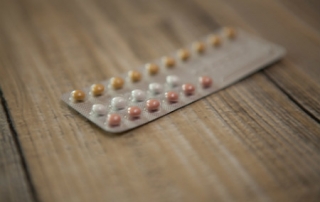PCOS Carries Increased Risk for Bipolar Disorder, Risk Reduced with Metformin
Polycystic Ovarian Syndrome (PCOS) is the most common endocrine-related dysfunction in women of reproductive age. Multiple studies have observed a higher prevalence of psychiatric illness, including depressive disorders, anxiety disorders, and bipolar disorder in [...]








